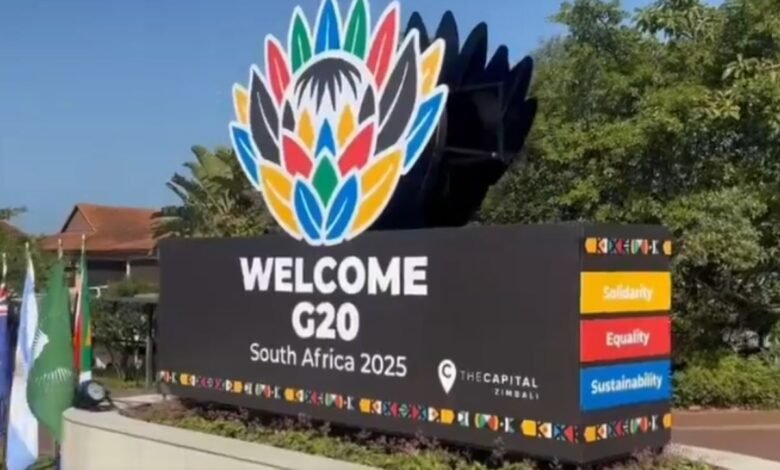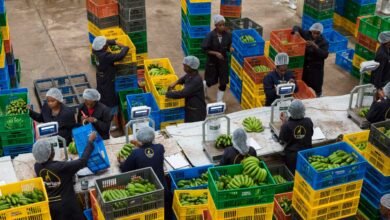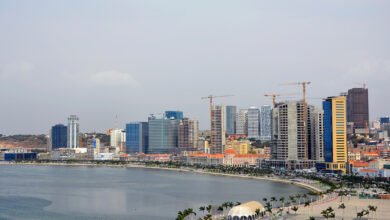
The third G20 Finance Ministers and Central Bank Governors (FMCBG) Meeting started in Durban, South Africa, on Thursday, bringing together financial chiefs from the Group of Twenty (G20) members and calling for a change in world order to uplift the lives of millions who live in abject poverty.
South Africa’s Finance Minister Enoch Godongwana issued a clarion call for bolder cooperative leadership, as the world finds itself along choppy waters.
Godongwana said in the opening remarks that the financial chiefs are meeting at a time of fragile global economic growth. In some regions, uncertainty continues to weigh heavily on global growth prospects. Rising trade barriers, persistent global imbalances and new geopolitical risks are significant concerns.
“Many developing countries, especially in Africa, remain burdened by high and rising debt vulnerabilities, constrained fiscal space, and a high cost of capital that limits their ability to invest in their people and their futures. Technological shifts, especially in artificial intelligence and digital finance, offer tremendous potential but also demand robust governance,” he said.
In the face of these complex challenges, the G20 must remain a source of strategic global leadership, cooperation, and action, he said.
The hosting of the first ever G20 event on African soil has been overshadowed by a policy shift by the United States with many African countries still reeling from U.S. aid cuts and a threat of reciprocal tariffs on goods from Africa.
“The problem is that in the areas where these farmers are operating, they are actually employing a lot of low skilled people, in those areas, in the social impact of the tariffs in those areas then could be significant,” said Lesetja Kganyago, governor of South African Reserve Bank.
“If you look at the number of layoffs in Lesotho at the moment, the consequences of that on the generally economy, in Lesotho, just the unemployment burden, the inability to collect taxes. And then add to that the fact that USAID has been shut, and so the support for health and other systems in a country like Lesotho will manifest the impoverished people,” said former South African Finance Minister Trevor Manuel.
Moreover, finance and central bank chiefs have to negotiate difficult terrain as they try to find common ground on issues including climate financing.
“Climate related shocks and extreme weather events are increasing in frequency and severity worldwide, impacting lives, livelihoods and macroeconomic stability. The cumulative impact of these cascading challenges is pushing the achievement of the Sustainable Development Goals by 2030 to further out of reach,” said Godongwana.
Running from Thursday to Friday, the third G20 FMCBG Meeting discusses key issues including global macroeconomic risks, debt sustainability, and reforms to multilateral development banks.
The United States, which is set to assume the G20 presidency in December, has consistently opposed remarks related to the issues of climate financing and institutional inclusivity, which are central to South Africa’s G20 agenda.






I have been exploring for a little for any high-quality articles or blog posts on this kind of area . Exploring in Yahoo I at last stumbled upon this site. Reading this information So i am happy to convey that I’ve an incredibly good uncanny feeling I discovered just what I needed. I most certainly will make sure to do not forget this site and give it a look regularly.
I think this internet site has some real excellent information for everyone. “It is easy enough to define what the Commonwealth is not. Indeed this is quite a popular pastime.” by Elizabeth II.